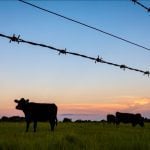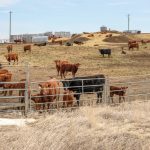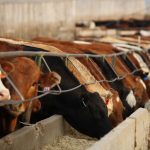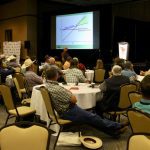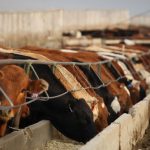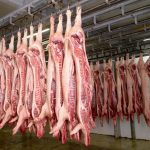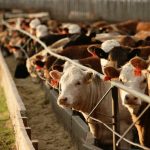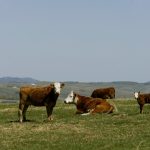Compared to last week, western Canadian yearlings (900 lbs. and over) appeared to trade $6-$8 lower on average; yearlings weighing 800-900 lbs. off grass were unchanged. Backgrounded yearlings were also $6-$8 lower. Mid-weight calves were unchanged but calves under 600 lbs. were $3 to as much as $10 lower in some cases. Feedlot operators pulled […] Read more
